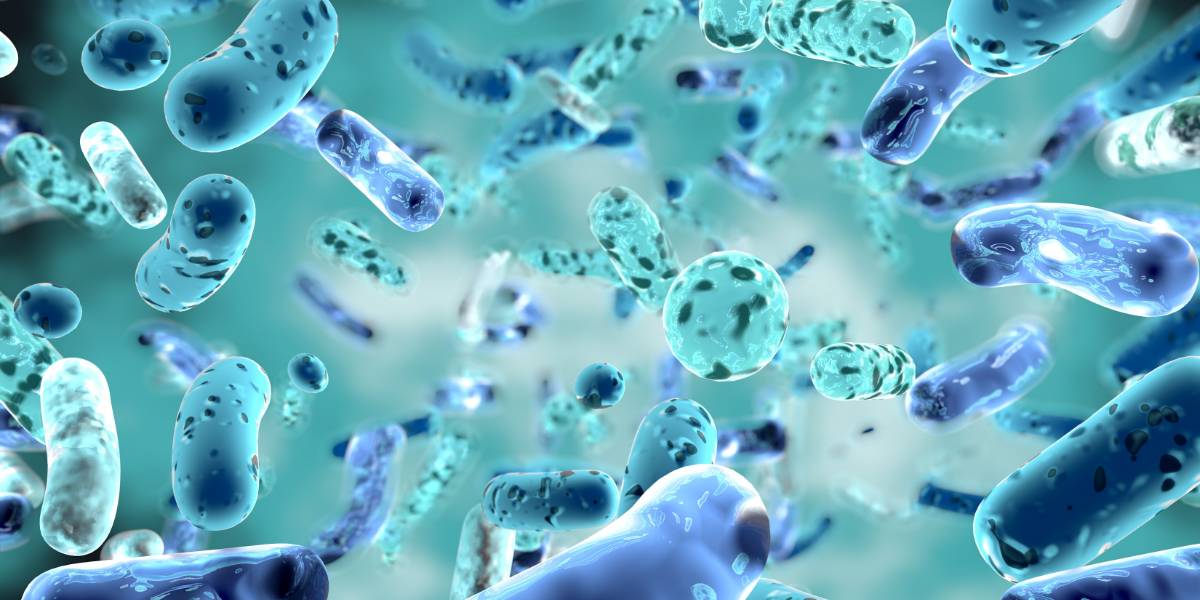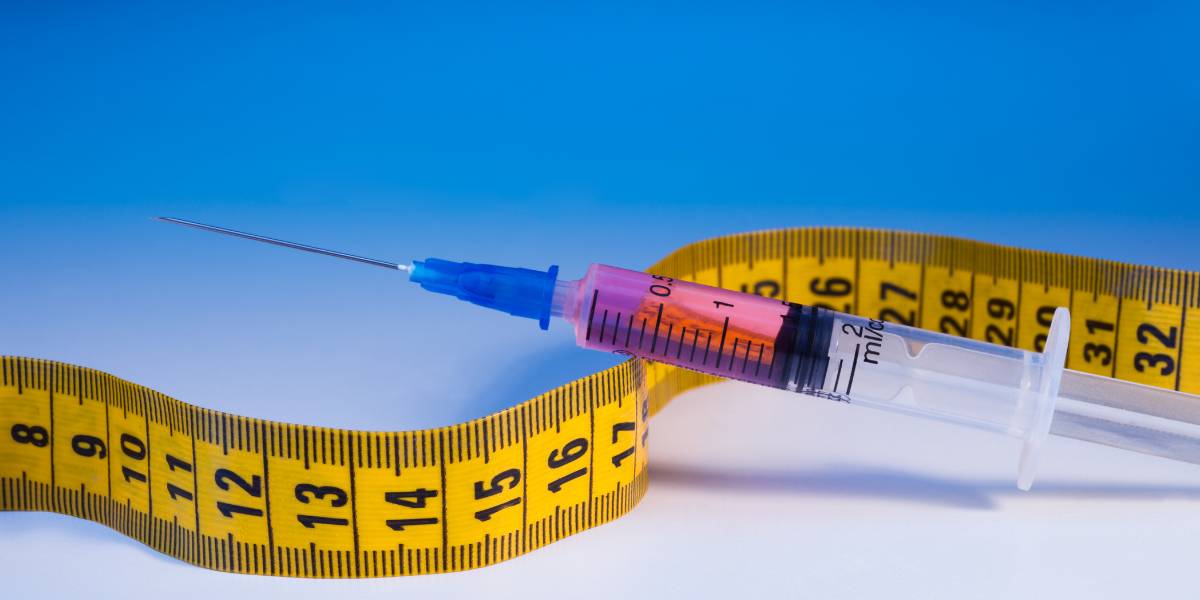A large-scale study has identified a link between groups of certain gut bacteria and feelings of depression.
While the research has highlighted the relationship, the scientists behind the study say they do not yet know if the bacteria can cause depression, or if the bacteria is the result of feelings of depression.
Robert Kraaij and André Uitterlinden from Erasmus Medical Center in the Netherlands led the wide-scale study, which involved analysing the stools of thousands of people living in Rotterdam and Amsterdam to understand their microbiome.
In both groups, researchers found a link between feelings of depression and 14 groups of bacteria, prompting André Uitterlinden to say: “Then you know it’s right. This kind of comparative research is done too little in science. We picked it up very competently.”
Robert Kraaij went on to say: “It is usually not one bacteria, but a combination of different bacteria. The interventions you can do relate to dietary change. But antibiotics, prebiotics and probiotics could possibly also be the solution.”
Probiotics involves administering live bacteria, which in the future could see the development of pills containing certain bacteria to alter the bacteria make-up in the body. This may go some way to preventing disease.
However, André Uitterlinden said: “I would rather look at a responsible and varied diet. That is much better for your gut. Research shows that this will give your gut an optimal composition that only contains good bacteria.”
- Buy a microbiome test
- Meditation could have positive effects on microbiome and gut health, small study shows
He added that their findings only form part of the picture around depression, saying: “Not only the bacteria in our gut affect depressive feelings. Our genetic predisposition also plays a role and a person’s environmental factors. This is just more difficult to measure. Our DNA testing can be done quickly, well and at low cost. But the bacteria, unfortunately, are not the only cause.”




